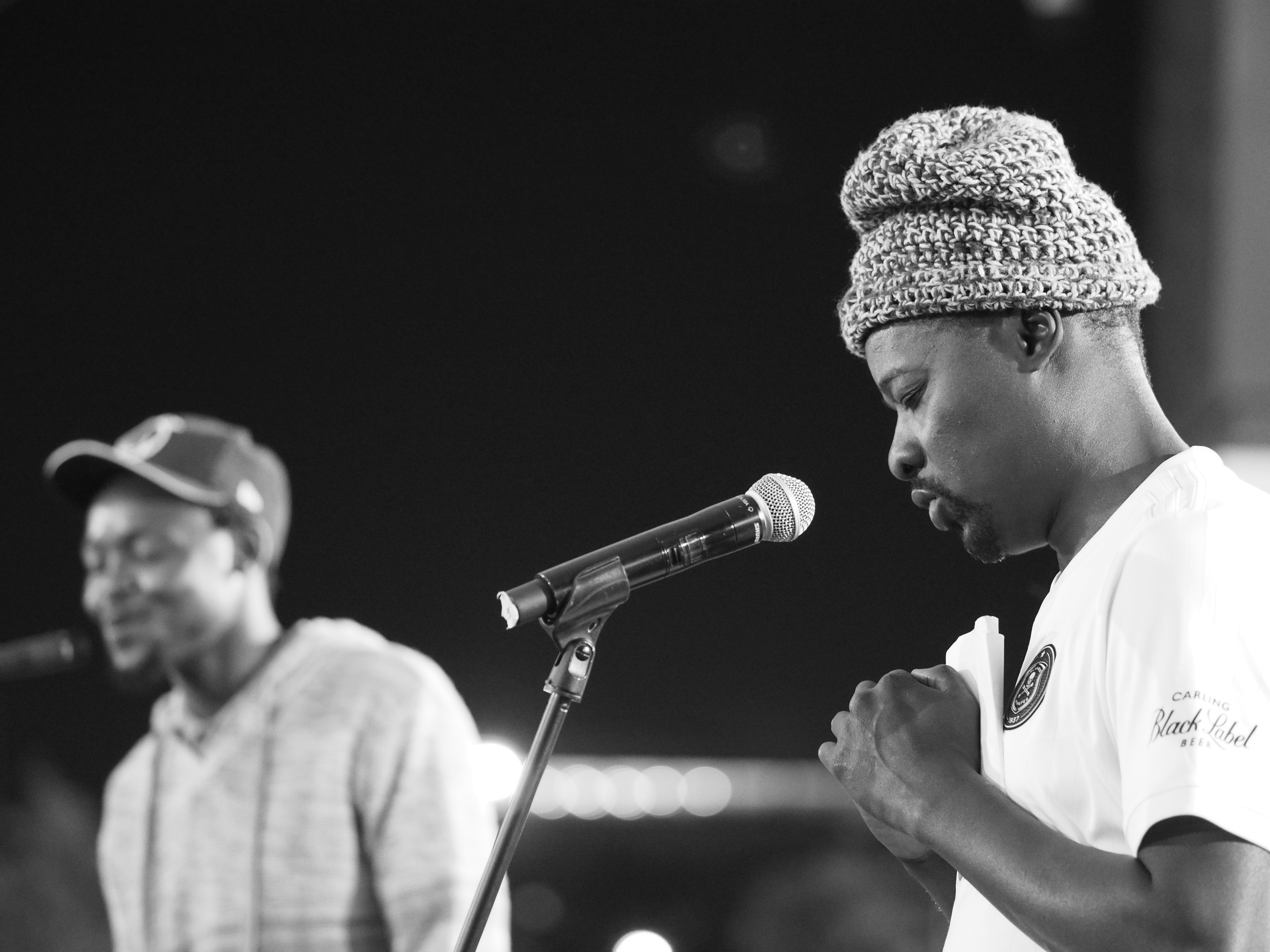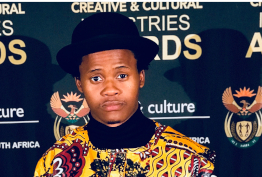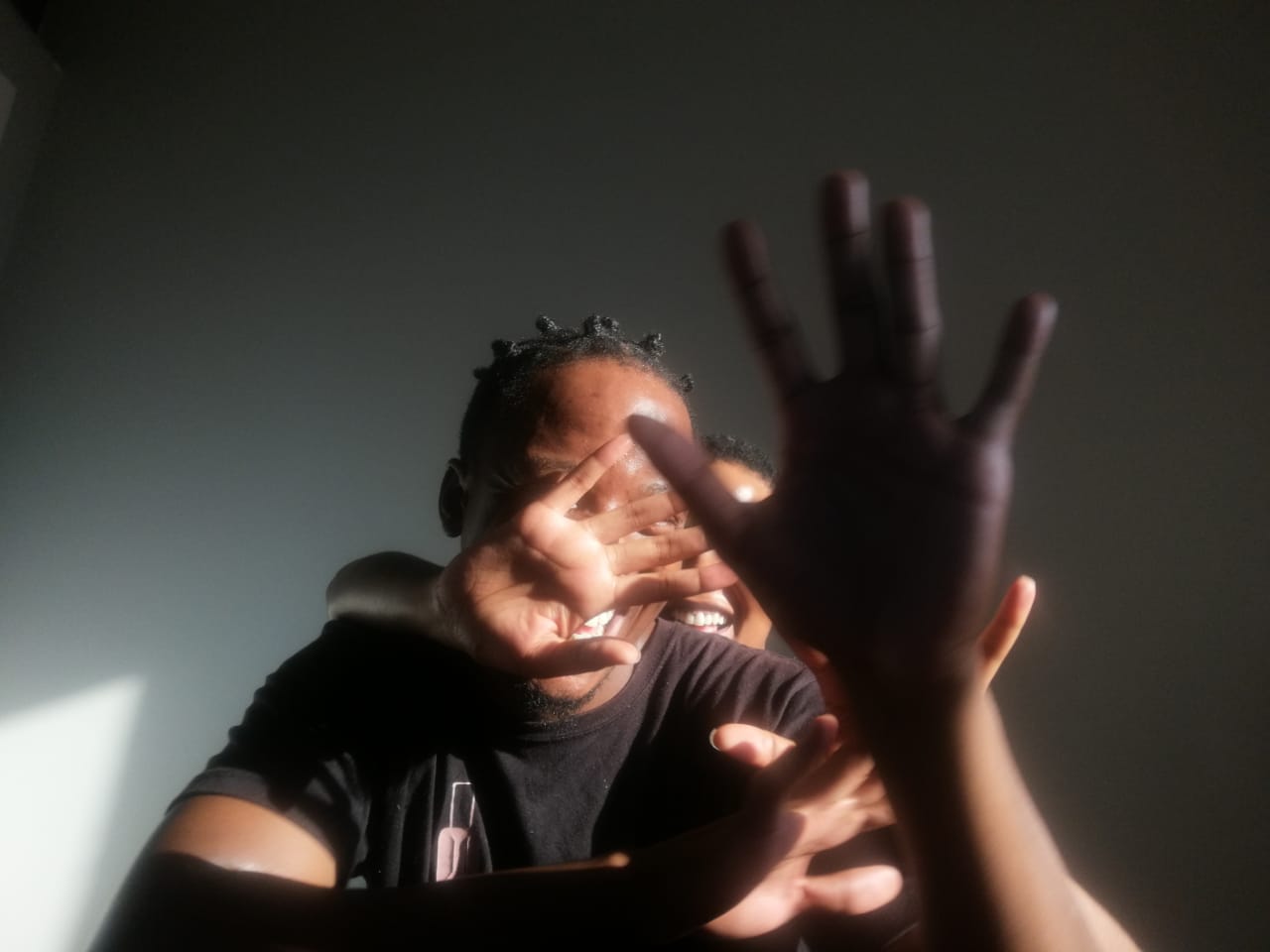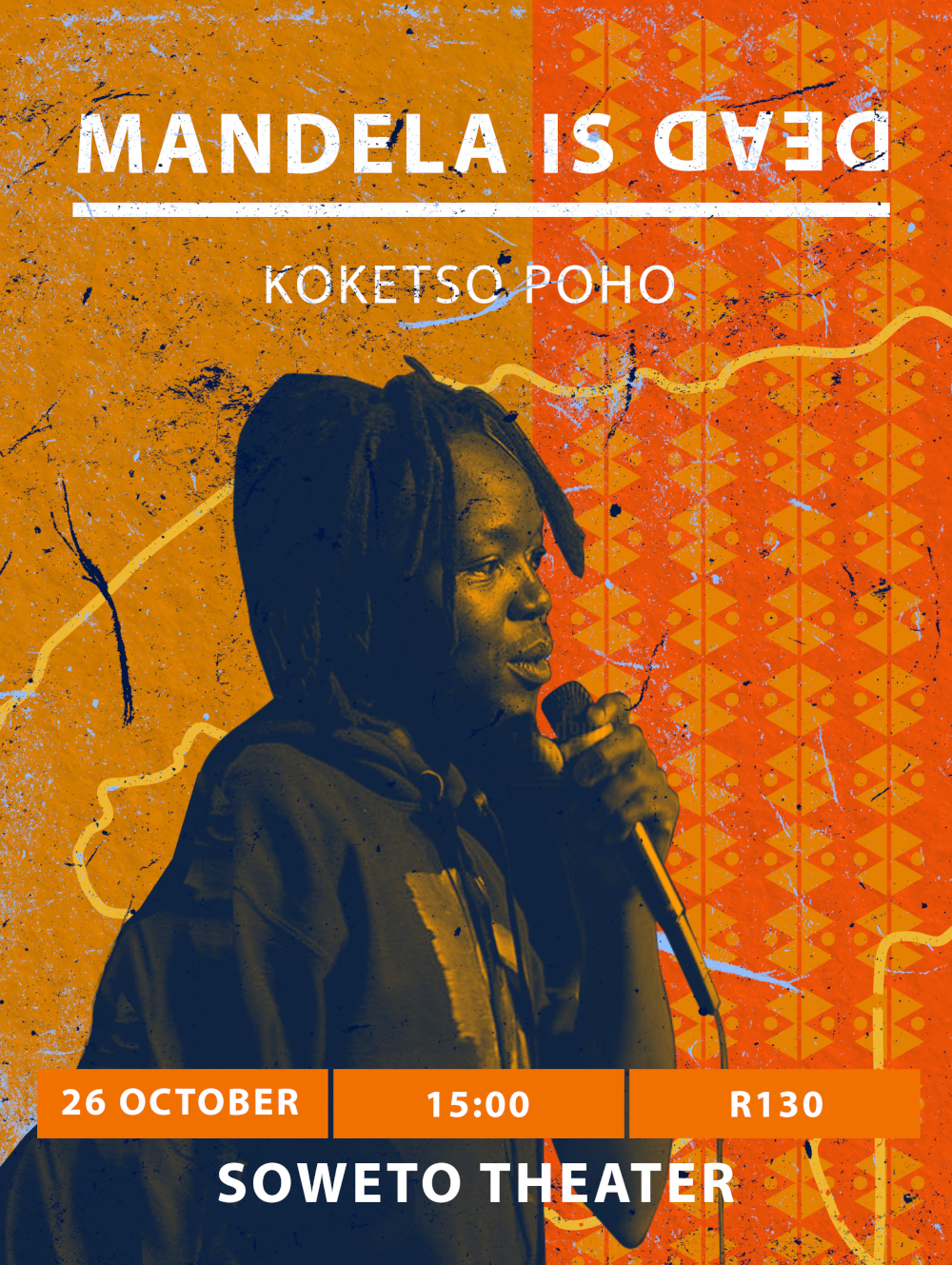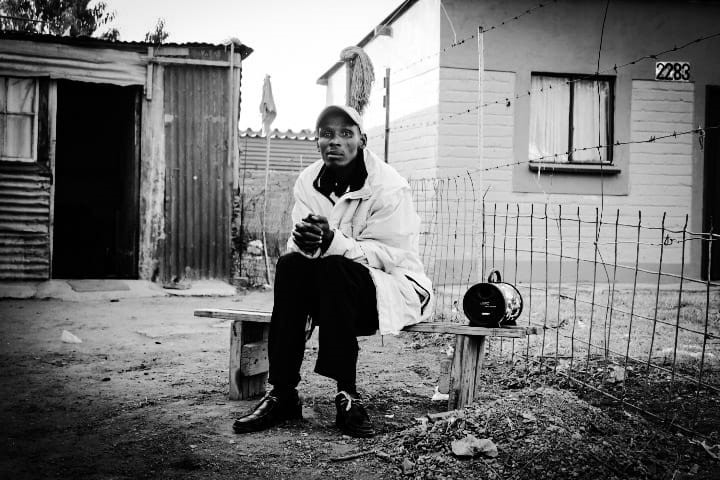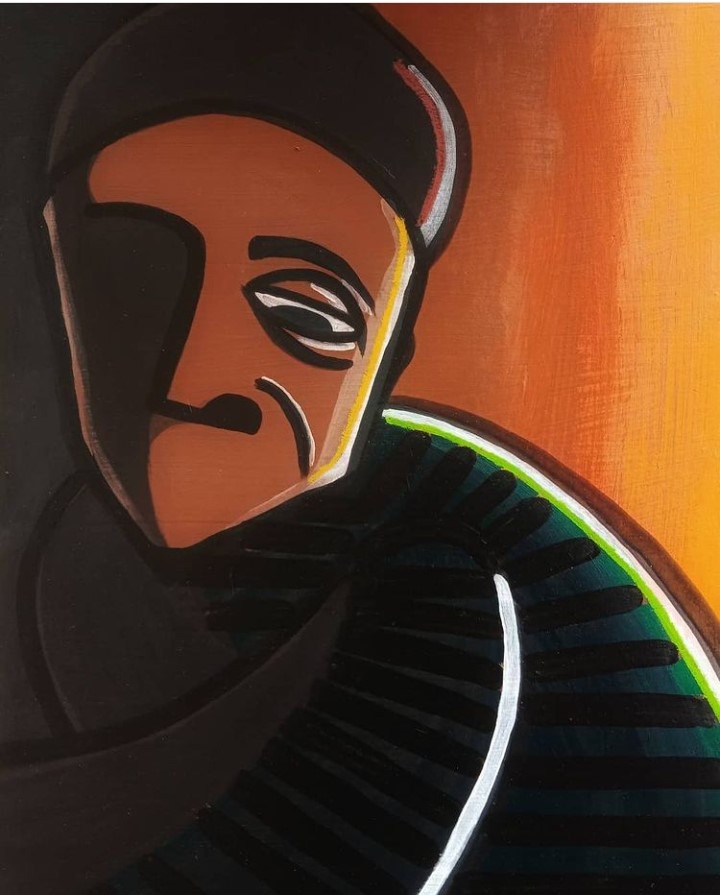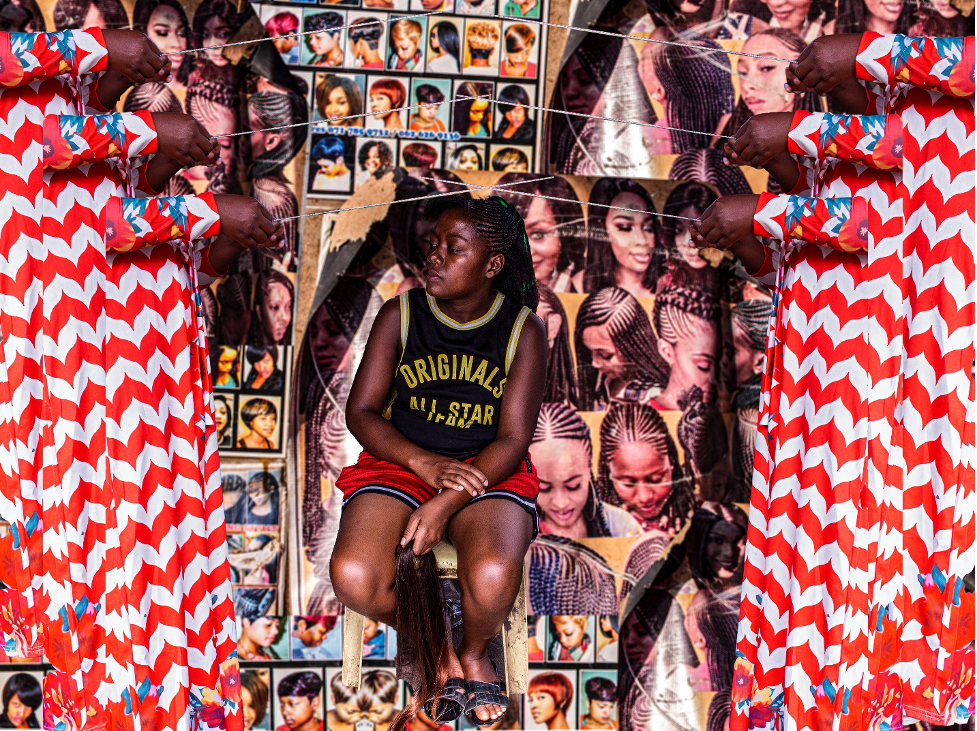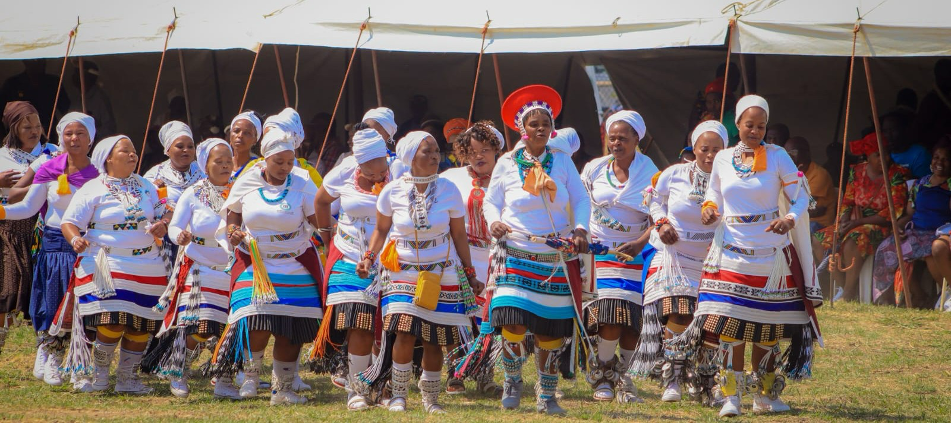Concerning Blacks is a poetry in performance production by Makhafula Vilakazi set to be staged on 05 December 2020, 15:00 at the SA State Theatre, Pretoria. R150 Webtickets & Pick N Pay.
About Concerning Blacks:
One of the most famous streets in all of Africa today is Vilakazi Street in Soweto, Johannesburg, famously known as the only street in the world to have produced two Nobel Peace Prize winners. This street is named after the first South African to receive a PHD, the father of Zulu literature, the poet Dr. BW Vilakazi.
The dust of the question of why not Mandela or Tutu street for this landmark settles when the august grandeur of the eternal echo of Dr. Vilakazi’s voice is in earshot. The significance of his voice, which was not only concerning Blacks but also archived and still wings our existence through the gale of literary history, denounces his erasure.
There is in this age a kindred kind of voice, a voice that not only concerns Blacks but flings from our very own larynx -- a voice whose custodian is Makhafula Vilakazi.
Coming from the most viewed Facebook Live poetry event during the Covid-19 induced Lockdown, and sold out shows at the Joburg Theatre and Soweto Theatre, Makhafula Vilakazi bring us a performance from his upcoming album, Concerning Blacks.
Strategically and purposefully scheduled for December 5 (the birthdate of Robert Sobukwe), at The South African State Theatre (a space that is meant to be the center expression of the artistic and cultural soul of the country), Concerning Blacks is an annual chorus with Makhafula Vilakazi as conductor at the center and Blacks as the choir of comrades chanting, “Masambe nono! Siyolanda! Siyoland’umhlaba!”
Speaking on the production Vilakazi states, “The show has become an annual pilgrimage and the celebration Robert Sobukwe’s birthday through poetry and music. Our history with Pretoria and all that is present is well documented; the spirits of our Heroes who were hung roams that place and we are visiting them.”
For more information, email kulaninkuna1@gmail.com, or call 0766162845.
Follow @MakhafulaVilakaziPoetry on Twitter, Instagram, and Facebook for instant updates.
Makhafula Vilakazi – Biography
Going by the name "Makhafula Vilakazi" (the title of one of his poems) Matodzi Gift Ramashia grew up in Chiawelo, Soweto. His poetry is a fusion of Tsotsitaal, English, Zulu and Sotho interspersed into an uncompromising depiction of township life, exploring issues which affect his community such as, unemployment and crime.
Makhafula Vilakazi has performed at various events such as the Botsotso Poetry Festival, the Jozi Spoken Word Festival, Speak the mind (Arts Alive Festival), Be connected International Festival, Music Mayday Festival, Poetry Africa, Wordnsound literary festival, among others.
In 2012 he was a guest commentator in the critically acclaimed documentary series "Why are we so angry?" where he unpacked society’s social ills and also recited his poetry.
He has published some of his poems in an anthology "Sections of Six" which was published by Botsotso Publishers.
In 2008 he won the B-Connected competition in Soweto run by international creative arts organisation “Music Mayday”– a competition which saw him represent South Africa at the Music Mayday Annual Festival in Tanzania, performing along artists from Ethiopia, Holland and Tanzania.
Makhafula Vilakazi collaborated with renowned, respected and award winning South African rapper Tuks Senganga in his album "Tshwanelo" – an album that was nominated for a South African Music Award (SAMA) in 2012.
In 2014 he participated in a documentary by the legendary Lesego Rampolokeng titled “Word Down The Line” which also featured poets such as the late Mafika Gwala, Prof Kgositsile and Kgafela.
In 2013 Makhafula Vilakazi released his first album titled "I Am Not Going Back To the township". The album features Samthing Soweto, Impande Core and Poet/SAfm radio presenter Khanyi Magubane. Makhafula Vilakazi says his first project is about re[de]fining the black person’s identity by scrutinizing history and the effects of historical events on particularly black Africans.
In 2018 he performed Concerning Blacks at Joburg Theatre to a sell-out venue bursting at the seams. In 2019 he moved performed Mandela Is Dead to two sold out shows at the Soweto Theatre.
This December 5 2020 he will give his fans in Pretoria a preview of his upcoming sophomore album, Concerning Blacks which is scheduled for release in April 2021. The Pretoria performance, his first, promises to be one of his best performance yet.
Reviews:
“Paradoxes of beauty in despair fill the spaces in between each poem. In some way, each poem calls us back to ourselves and our own contradictions. The music between becomes a salve for all the hurts we feel and sometimes awfully impose.” Culture Review Magazine
“The force of his work comes from the idiom of the township street and the sighs and cries of generations kept down by successive racist regimes” Mail & Guardian
“His work is real. It exists within the realm of his life and is delivered in a way that shows the subject matter has been lived, which is why many find it eerie. The “poetry” box is also problematic because of his narrative style, which keeps his verse unpretentious. The way he presents kasi taal in a tome designed for academic probing is entertaining. He makes his language beautiful while detailing horrible truths about the township, love, capitalism and domestic violence.” The Citizen
"His poetry touches on township life in all its animated splendour. Makhafula Vilakazi is a street poet with a lyrical trick up his sleeve." The Sowetan
Ends.

